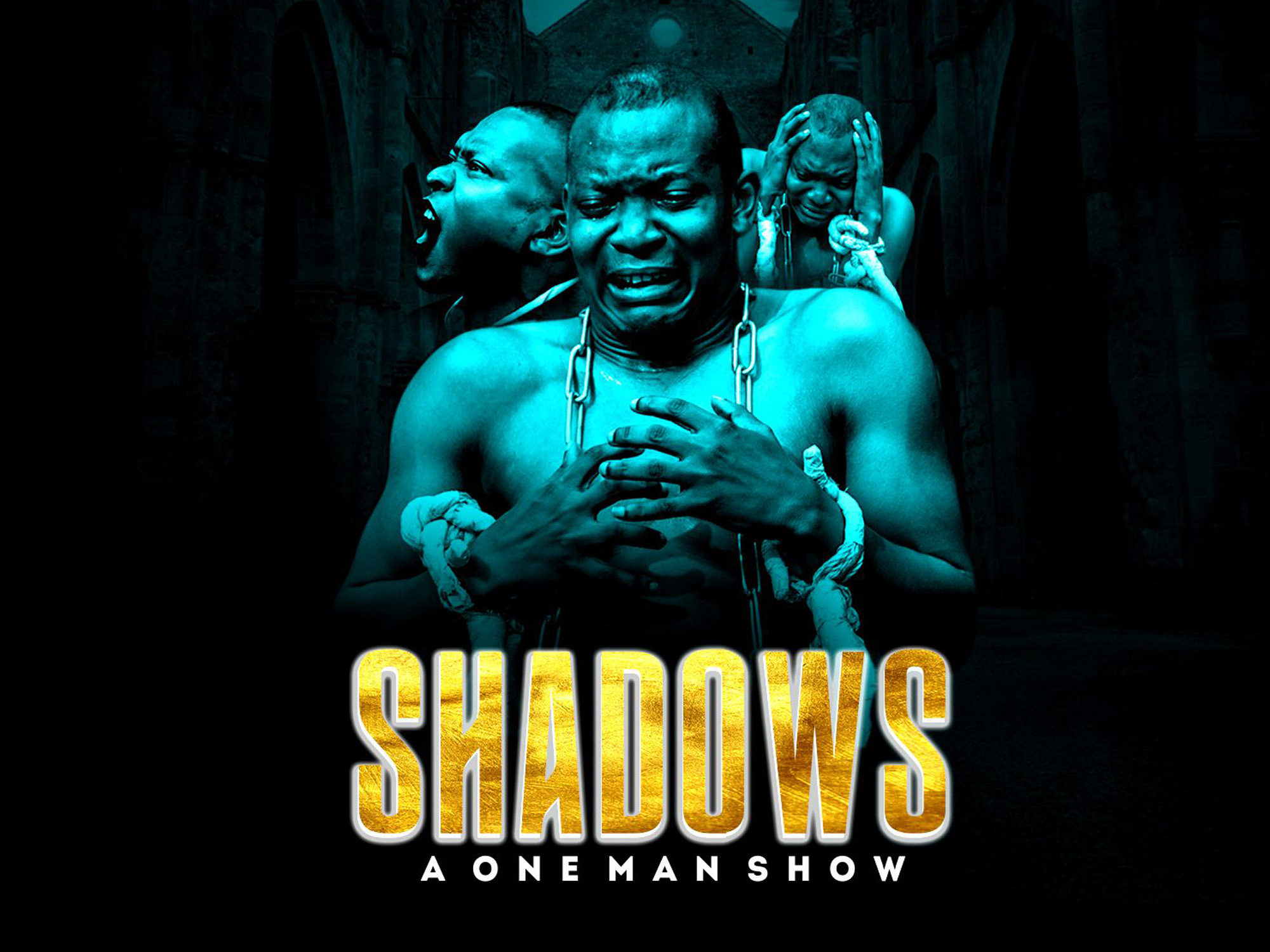WAF Young Reviewer - Shadows
By Jumobi

BE A MAN. TAKE IT LIKE A MAN.
What does being a man mean today? Is society ready for a “sensitive” man? Shadows explores society’s view of masculinity with a fusion of a complicit protagonist and a Nigerian society bent on maintaining traditional values.
The play, Shadows, features a devoted partner, Femi, and his quest to remain committed while battling with societal assumptions about his masculinity. While in a relationship where he is being assaulted by his lover. A fate tied together by a transferred kidney. The play’s main lead and other characters on stage are played by one actor, Ayodeji Adejumo, who is also an advocate for mental health and suicide prevention. In a thrilling personalized experience, the play explores the stigma of men's mental health and domestic abuse men can face from their partners. The premise of the play is an issue not popularly explored, domestic violence is primarily associated with female partners as the victims and male partners as the instigators of the harm.
The actor’s costume was compelling, inspired by the producer of the play and Instant Pictures. It showcases the trauma experienced by the character because of the events. Picture chains, a shaved body covered by cotton with winter boots and boxers. The actor's performance was exhilarating. In this one-man show, Ayodeji plays all the characters on stage and showcases his talent. Ayodeji Adejumo stunned his audience by role-shifting with his quadripolar acting spilling out new characters.
The play speaks of a yearning for more recognition of male partners also being victims, rather than facilitators of domestic violence. ((Spoiler alert)) The protagonist calls for his lover, Sharon, after being traumatized, cheated on, experiencing his best friend die, and moves on by marrying his oppressor. The play seeks to leave us questioning our views of death, health, and sexuality in a society riddled with shifting traditional gender roles.
The Broadway Club room was a stunning backdrop for the play with dramatic audience experience creating a suitable enclosure for the events in the play.
However to me, despite my affection for the central theme of the play, connecting society and my application for mental health awareness, it lacked a depth of character. Femi is portrayed as a little bit too shallow. He often reiterates the importance of his donated kidney to his female abuser as enough reason to go back after a fight. Making his organ a factor in going back to his abuser could be interpreted as a tactic to keep close to his kidney. How long do you need to get over being the donor of a vital organ to your ex? Overall, I think the play could have used more Afrobeat music for the ending. This might be a personal bias of mine but ((spoiler alert)) the play ends with the song Feeling Good Nina Simone’s rendition. I think this does not end the play on a sincere note as the play is based on an African country, Nigeria, and the culture surrounding stigma there. The use of a more Afrocentric song to wrap up this wonderful budding invitation to a bolder world would have been better to reflect the protagonist’s relief of being freed from his oppressor.
As issues about gender equality, the rise of himbos, and the reform of what is being interpreted as the ideal man continue to rise, it will be of cultural importance to still watch Shadows at the next Wandsworth Art Fringe. You can go with your partner, or brothers or make it a group event. You just need to be willing to learn more about male stigma and how the socially constructed view of toxic masculinity.
- Serene Sounds: A Classical Sound Bath Experience Review
- In Secret Dens Review
- Full(y) English Review by Hilary
- Go Back for Murder Review
- Piano of the Future Review




